Chemical Safety
All Chemical Safety Content
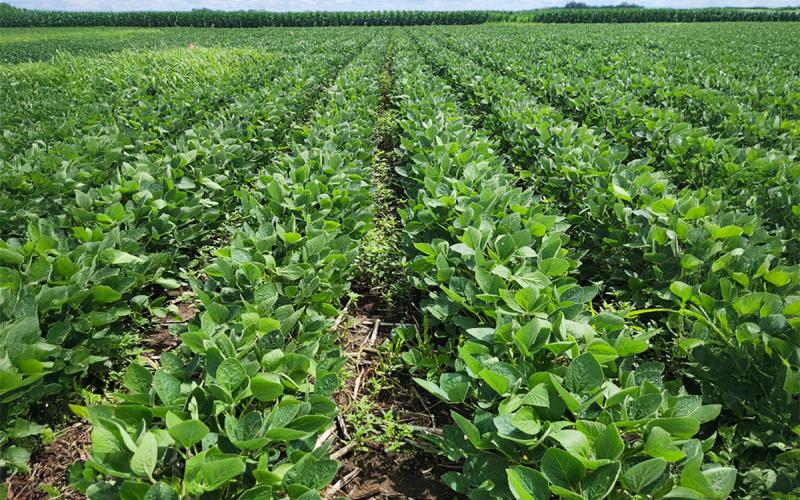
EPA Approves Dicamba for Over-the-Top Applications in Tolerant Soybean in 2026 and 2027
The Environmental Protection Agency has issued a limited-time registration of over-the-top use of dicamba on tolerant cotton and soybean for two growing seasons, 2026 and 2027.
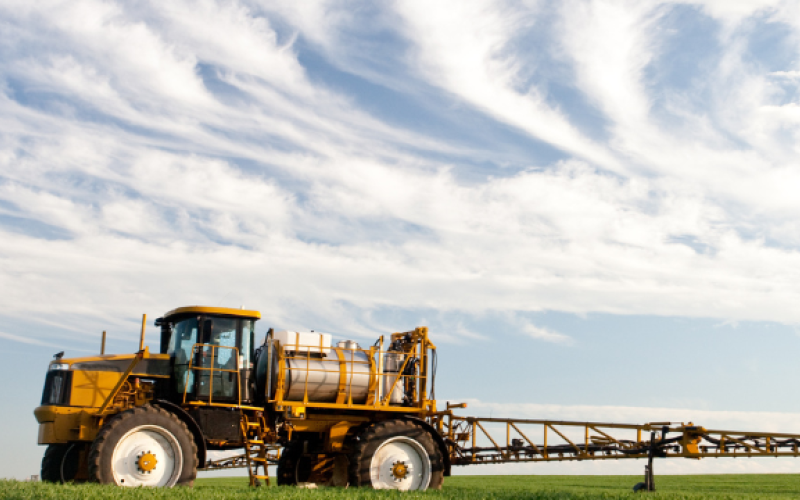
Private Applicator Training for Crops
SDSU Extension will host a free private applicator training for crops on April 15, 2026, from 1:30 - 4:30 p.m. CT (12:30 - 3:30 p.m. MT). Participants have the option to attend online or at various locations across the state.
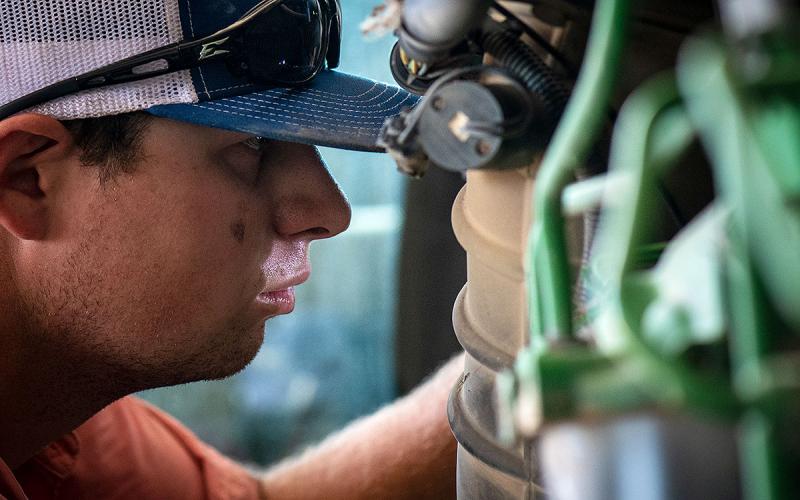
Safety & Training
Covering the range from animal handling to equipment safety, including training and certification to keep producers and their workforce productive.
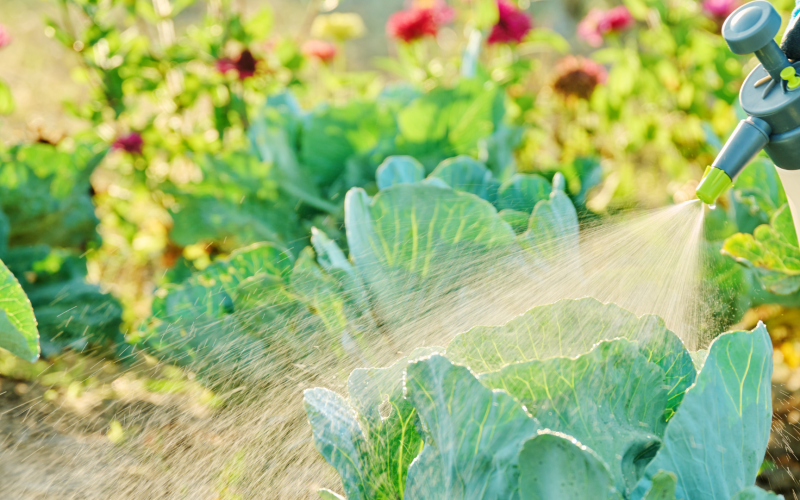
Private Applicator Training for Specialty Crops
SDSU Extension will host a free private applicator training for specialty crops on March 18, 2026, from 1:30 - 4:30 p.m. CT (12:30 - 3:30 p.m. MT). Participants have the option to attend online or at various locations across the state.
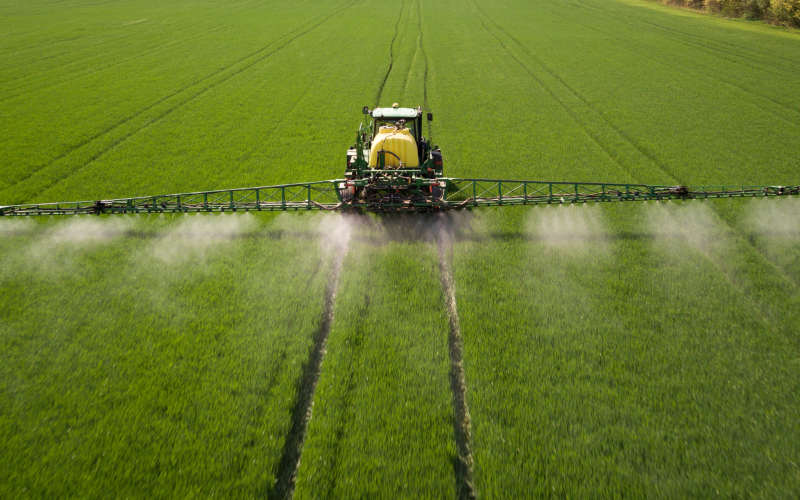
Commercial Applicator Training @ Ft. Pierre
SDSU Extension will host commercial applicator training in Ft. Pierre at the AmericInn by Wyndham (312 Island Dr, Ft. Pierre SD 57532) on February 26, 2026, from 8:30 a.m. - 4:00 p.m. CST.
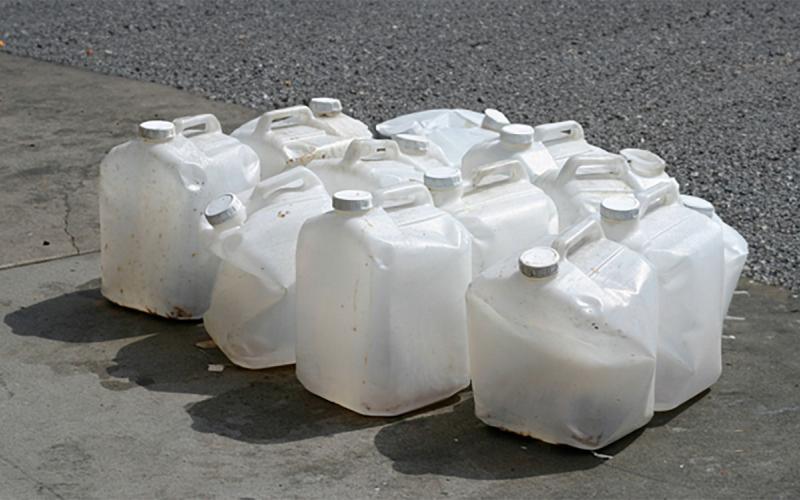
Fumigation Endorsement Private Applicator Training
SDSU Extension will host a free private applicator training on March 12, 2026, from 2:00 - 3:00 p.m. CDT (1:00 - 2:00 p.m. MT).
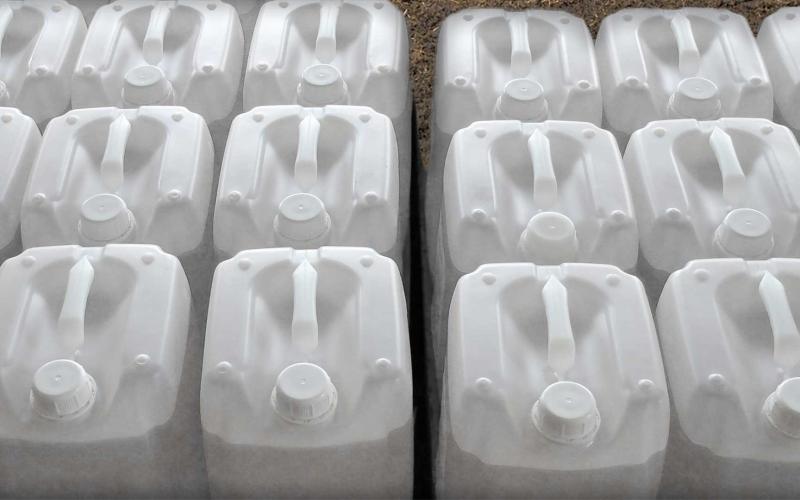
Private Applicator Training for Pesticides
Private applicator certification is required before an agricultural producer can purchase or use a restricted use pesticide.
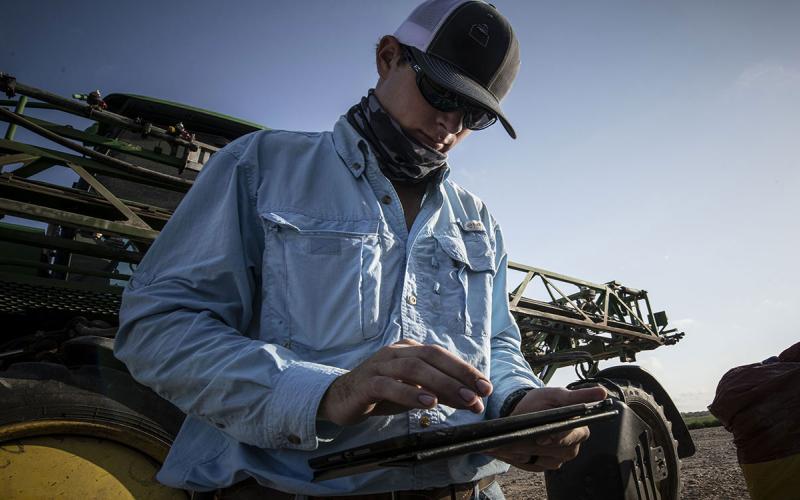
2026 Commercial Applicator Training Online Course
SDSU Extension partners with DANR to offer pesticide certification program required for commercial applicators. The 2026 online course will be offered through Traininghouse and will be open from December 3, 2025, through February 28, 2026.
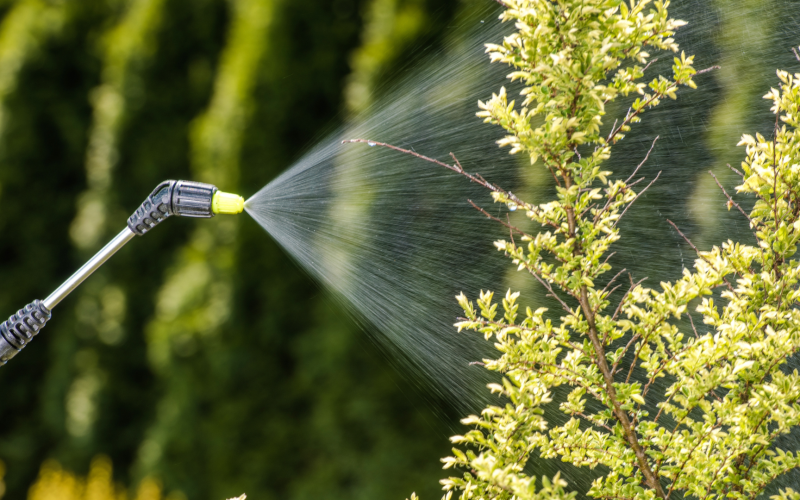
Commercial Ornamental/Turf Applicator Training @ Rapid City
SDSU Extension will host ornamental and turf commercial applicator training in Rapid City at the Ramkota (2111 N LaCrosse St, Rapid City, SD 57701) on February 25, 2026, from 9:30 a.m. – 4:30 p.m. MT.
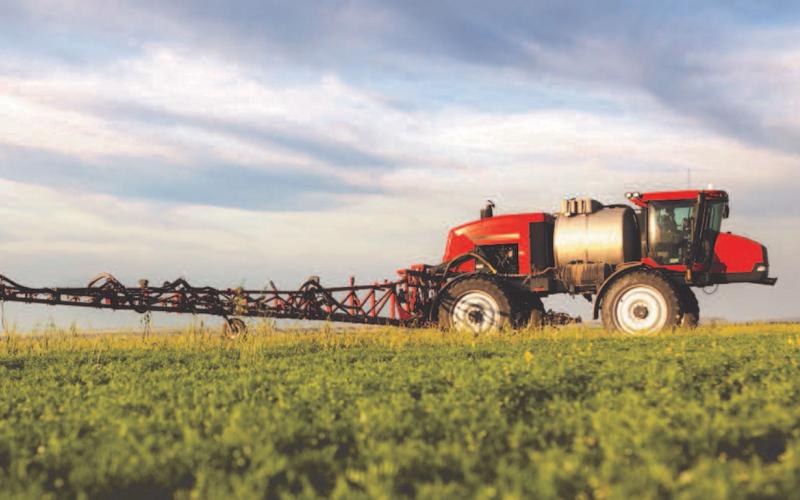
Commercial Applicator Training for Pesticides
Those who apply pesticides for hire or as a government employee that applies pesticides while performing work duties, must have a commercial applicator license.